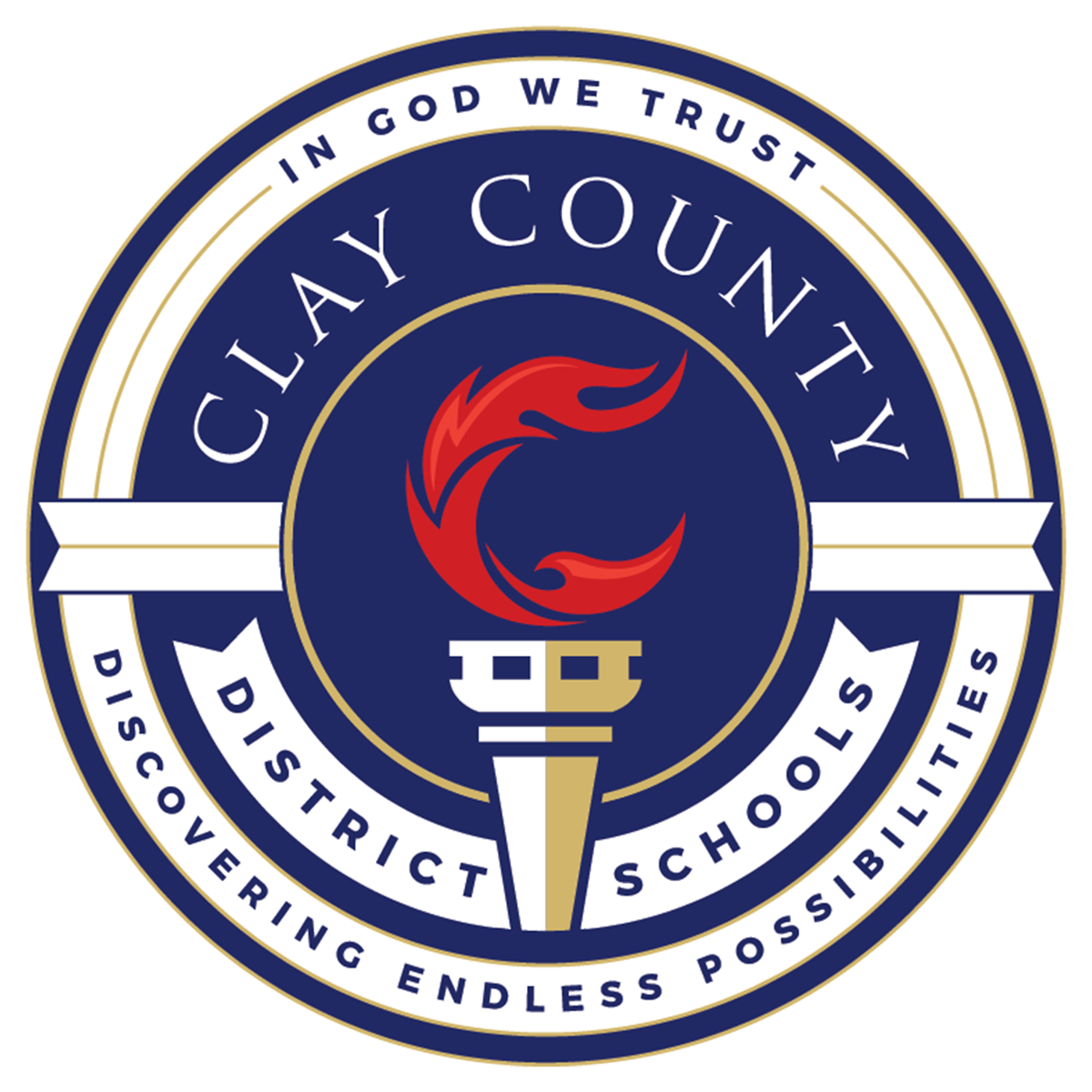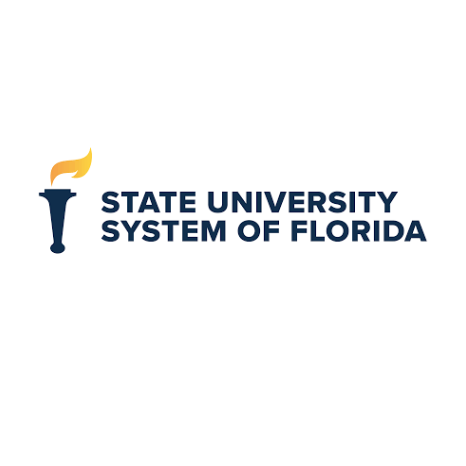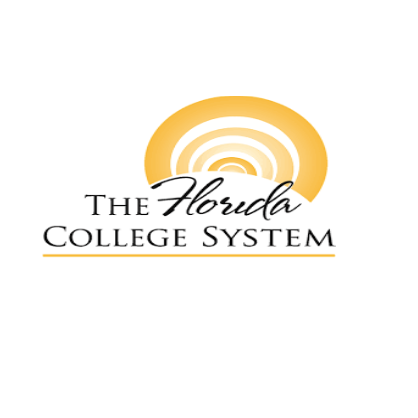Transition Services
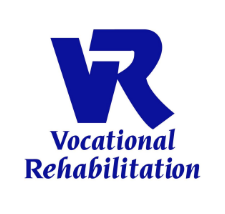
Vocational Rehabilitation (VR)
VR helps support students with disabilities moving from school to employment. VR Transition Youth Services help students to prepare for, get and keep a job. VR can help students access career counseling, postsecondary education or training and work experience. Students with disabilities may apply to VR as early as age 14.
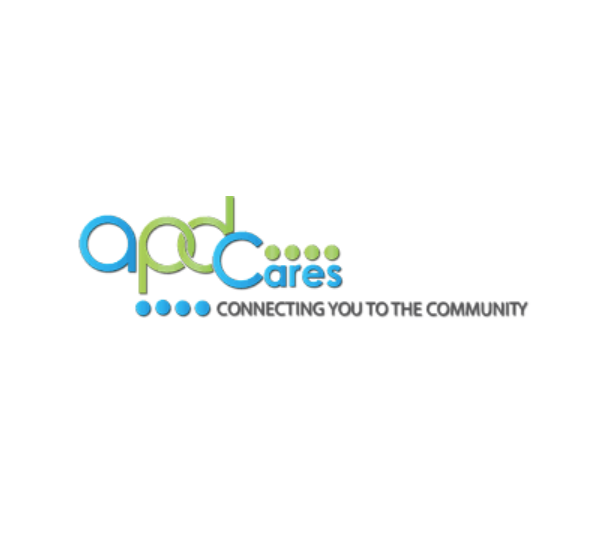
Agency for Persons with Disabilities (APD)
APD helps support those who have developmental disabilities. APD may help with living, learning and working for those with developmental disabilities.
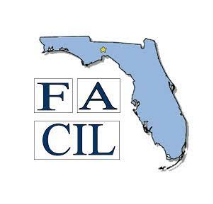
Florida Association of Centers for Independent Living (CIL)
CILs support community living and independence for people with disabilities based on the belief that all people can live with dignity, make their own choices and participate fully in society.
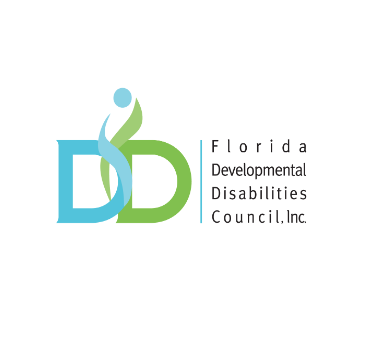
Florida Developmental Disabilities Council (FDDC)
FDDC helps plan individual and family-centered supports in Florida. FDDC plans and funds research and programs for persons with intellectual and developmental disabilities to improve their quality of life. FDDC developed The Florida Postsecondary Education Guide.
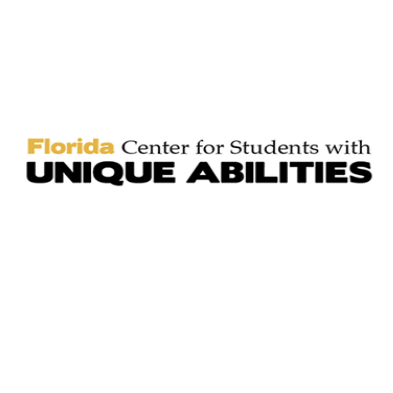
The Florida Center for Students with Unique Abilities (FCSUA)
The purpose of the center is to increase independent living, inclusive and experiential postsecondary education and employment opportunities for students with intellectual disabilities. Funding is available to help colleges set up new programs and also for student scholarships to attend these programs.
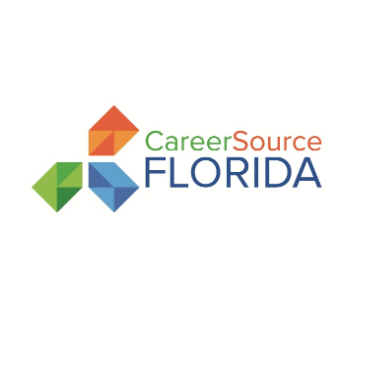
Local CareerSource centers support businesses and help those looking for work. For more information, please visit CareerSource Florida’s website.
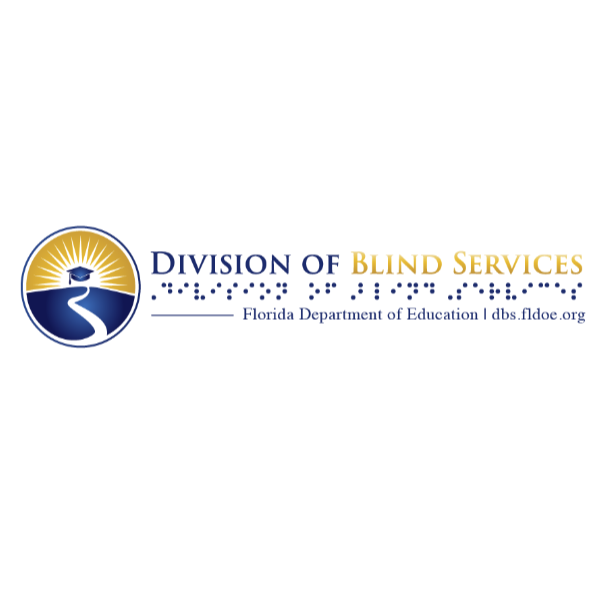
Division of Blind Services (DBS)
DBS uses a team approach to provide transition services. DBS brings the student, parents or family members, teachers, service providers and friends together to help young people who are blind or severely visually impaired. DBS helps to build skills to travel and live independently. DBS may also help with building skills to use assistive technology and read Braille.
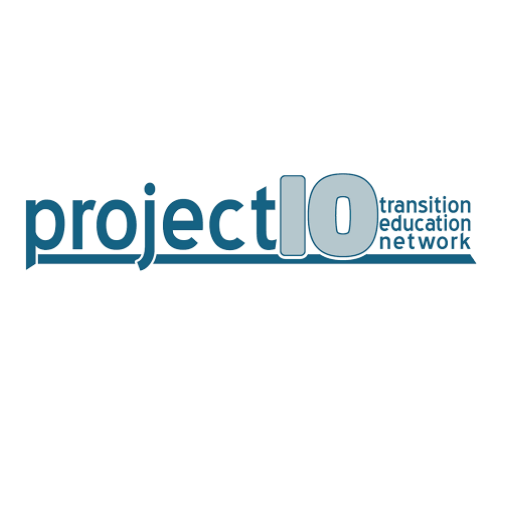
Project 10: Transition Education Network
Project 10 is Florida’s statewide discretionary project supporting the secondary transition of youth with disabilities. Project 10’s primary charge is to assist school districts in providing appropriate planning and timely transition services and programs to assist youth with disabilities in their transition to adulthood. Project 10 also serves as a collaborative resource for other state agencies, discretionary projects, non-profit organizations and families in the provision of transition services for students served in exceptional student education.
Excellent Resource: Secondary Transition Roadmap for Families
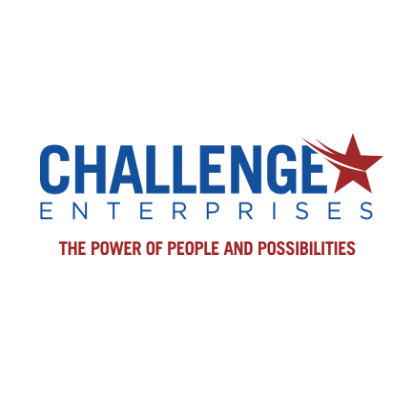
Challenge Enterprises of North Florida, Inc. is a nonprofit organization that provides adult day training, residential services, and employment opportunities for adults with different abilities. Support programs are available to individuals with intellectual, physical, and developmental disabilities. Staff assists families in navigating Florida’s eligibility for services.
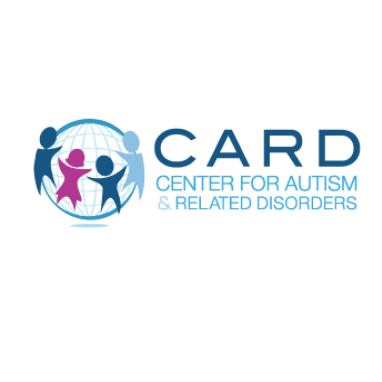
Center for Autism & Related Services School Age & Adolescent Programs
CARD offers individualized ABA services for older children to meet their specific learning goals and to strive towards meaningful progress in their lives. CARD offers both comprehensive programs that target learning across multiple skill areas and focused programs that target learning in a specific area or progress with a particular skill. CARD ABA services for school-age and adolescent learners also have a heavy emphasis on making meaningful progress toward success in real-life settings, individualized goal setting and selection of targets based on learner and family priorities, and teaching skills that will promote life-long learning, independence, self-advocacy, and happiness.
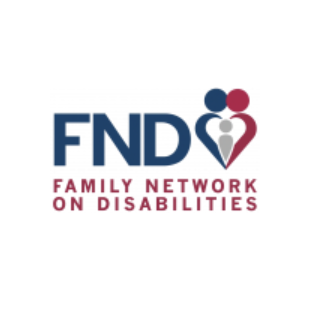
Family Network on Disabilities (FND) and their regional parent centers are federally funded providers of parent training and information (PTI) services. Help is provided to parents, teachers, community organizations and faith-based groups. These efforts help parents across Florida to increase their knowledge about how to help their youth to succeed in school and move on to post-school activities.
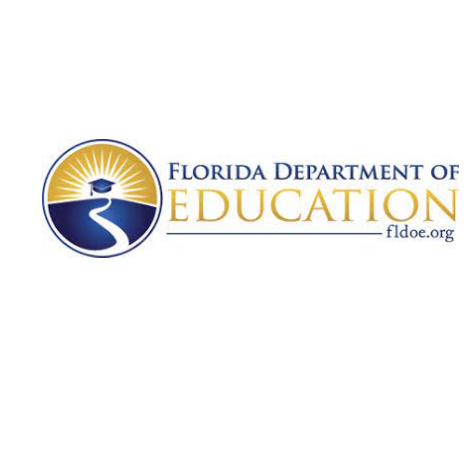
Statutes, Rules and Legislation.
Florida transition statutes/rules/legislation and resources for families.
There are 12 public universities in Florida that offer four-year bachelor-level degrees, as well as graduate and professional degrees. Admission into Florida’s public universities is competitive. This site provides information about how a first-time-in-college student can enter one of Florida’s public universities here
The Florida College System - The 28 state colleges offer career-related certificates and two-year associate degrees that prepare students to transfer to a bachelor’s degree program or to enter jobs requiring specific skills. Florida College System institutions have an open door policy. This means that students, who have earned a standard high school diploma, have earned a high school equivalency diploma or have demonstrated success in postsecondary coursework, will be admitted to an associate degree program. Many also offer baccalaureate degrees in high-demand fields. The credits earned in an Associate's of Arts degree at a Florida College can also be transferred to a 4-year program at a Florida University.
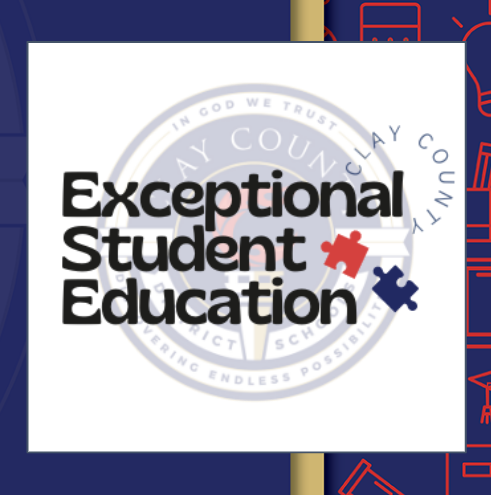
Exceptional Student Education Office
23 South Green Street
Green Cove Springs, FL 32043
Phone: 904-336-6866
Fax: 904-336-6527
For more information or to contact our district ESE transition specialist please call the district ESE office at 904-336-6866.
